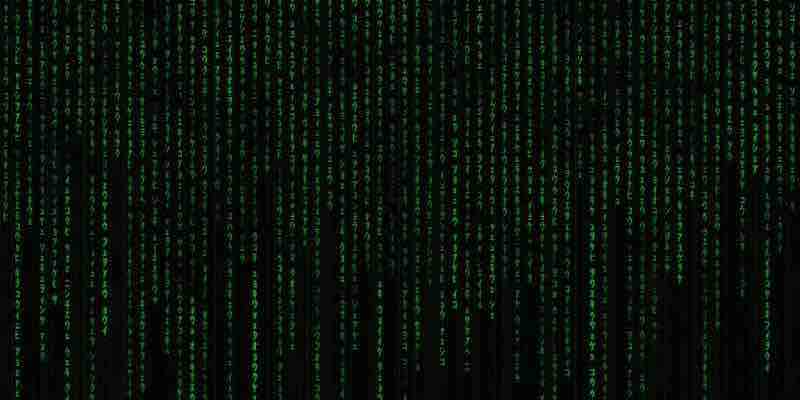Zooko’s Triangle: The Trilemma of Decentralization, Security, and Human-Meaningfulness

A creative look at the three properties that some people consider desirable for names of participants in a network protocol.
In the early days of the Internet, it was easy to remember and track the names of people and websites. But as the Internet grew, so did the number of users and websites. This made it difficult to keep track of everyone and everything.
In 2005, computer scientist Zooko Wilcox-O’Hearn proposed a solution to this problem. He called it Zooko’s triangle, and it is a trilemma of three properties that some people consider desirable for names of participants in a network protocol:
- Human-meaningfulness: Meaningful and memorable (low-entropy) names are provided to the users.
- Secure: The damage a malicious entity can inflict on the system should be as low as possible.
- Decentralized: Names correctly resolve to their respective entities without using a central authority or service.
The Three Properties
Human-Meaningfulness
Human-meaningful names are easy to remember and understand. They are also more likely to be memorable and easier to type. This makes them more user-friendly, which can lead to increased adoption.
Secure
Secure names are difficult to spoof or impersonate. This means it is difficult for malicious entities to take over a user’s identity or access their data. This is important for security and privacy.
Decentralized
Decentralized names do not rely on a central authority or service. This means they are not vulnerable to attacks on that authority or service. This is important for reliability and resilience.
The Trilemma
Zooko’s triangle is a trilemma, which means achieving all three properties ideally is impossible. If you make a name more human-meaningful, it will be less secure and decentralized. If you make a character more secure, it will be less human-meaningful and decentralized. And if you make a name more decentralized, it will be less human-meaningful and secure.
The Trade-offs
The trade-offs between the three properties of Zooko’s triangle are complex. There is no single “best” solution, and the best solution for one application may not be the best for another.
The Future of Zooko’s Triangle
Zooko’s triangle is still a relatively new concept, and much research must be done. However, it is a promising approach to naming in the distributed world. Zooko’s triangle may become an increasingly important tool for ensuring online communications’ security, privacy, and reliability as the Internet grows.
Zooko’s triangle is a trilemma that presents a challenge for those who want to create secure, decentralized, and human-meaningful names for participants in a network protocol. However, it is a promising approach that can potentially improve online communications’ security, privacy, and reliability.